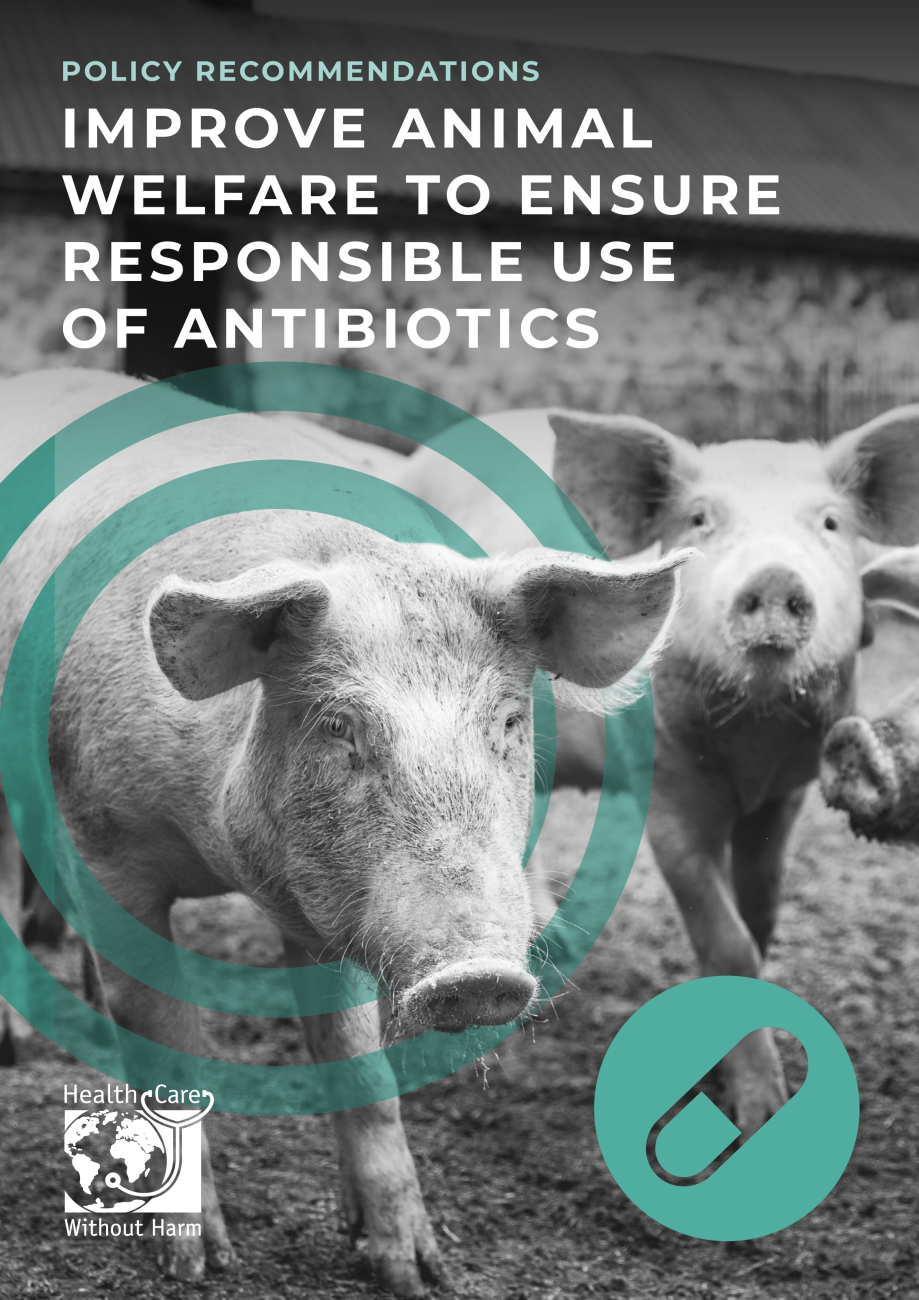In our latest position paper we present policy recommendations for the upcoming revision of the EU legislation on animal welfare. The recommendations will reduce the overuse and misuse of antibiotics vital for human health in European food production by improving animal welfare standards.

Evidence shows that increasing animal welfare standards can decrease the need for antibiotics. By implementing better farming practices, we can ensure better health for animals, humans, and the environment. Our recommendations are based on existing best practice from European countries such as Sweden, Finland, and France.
- Require Member States to implement existing legislation banning tail docking in piglets (removing a portion of the tail in the first week after birth to prevent tail biting) and establish a transparent tracking mechanism.
- Establish a longer weaning period for piglets to avoid increased stress and infections in the animals.
- Introduce a legally-binding minimum slaughter age for chickens to mitigate the prevalence of fast-growing broilers and inappropriate rearing conditions.
- Provide food-producing animals with enriched environments that allow them to move freely.
- Introduce an animal welfare label that will maximise the impact and tracing of animal welfare standards.
The current revision of the EU legislation on animal welfare is an opportunity for the European Commission to create a regulatory framework that curbs poor animal welfare practices relying on antibiotics that can lead to the development and spread of AMR.